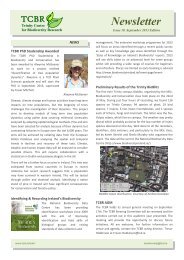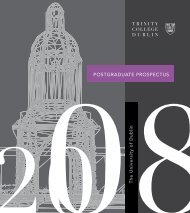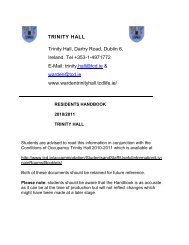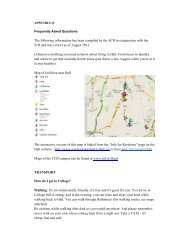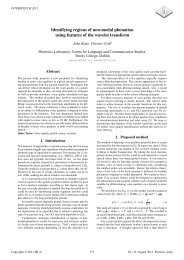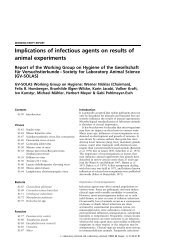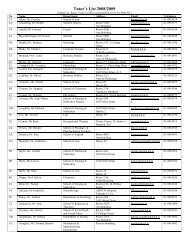Globalization and Inequality - Trinity College Dublin
Globalization and Inequality - Trinity College Dublin
Globalization and Inequality - Trinity College Dublin
Create successful ePaper yourself
Turn your PDF publications into a flip-book with our unique Google optimized e-Paper software.
any have calculated the changing responsiveness of migration to migration incentives over time. An<br />
exception is Hatton <strong>and</strong> Williamson (2001), which compares African (intra-continental) migration<br />
elasticities with the (inter-continental) elasticities obtaining in late 19 th century Europe, <strong>and</strong> finds little<br />
difference between the two periods. More work along these lines is required before we can make<br />
definitive statements about trends in labour market integration over time.<br />
Mass migration will have the greatest impact on between-country equality if it transfers<br />
population from poor to rich countries. In the late 19 th century, migration was clearly of this form,<br />
since Europe was significantly poorer than the New World; however, emigration was initially higher<br />
from the richer European regions, with the poorer southern <strong>and</strong> eastern regions only becoming<br />
involved with a lag. Something similar appears to have taken place in the late 20 th century (Chiswick<br />
<strong>and</strong> Hatton 2001). For example, the share of DC migrants in total US immigration rose from 50%<br />
in the 1960s, to 63% in the 1970s, 86% in the 1980s, <strong>and</strong> 80% in the early 1990s (Zlotnik 1999,<br />
Table 3). Similar trends are apparent in Canada, Australia <strong>and</strong> Europe (where migration from<br />
Eastern Europe has increased over time). Thus, in both periods mass migration was increasingly<br />
involving poorer countries, <strong>and</strong> thus potentially making a bigger contribution to convergence; the big<br />
question for the 21 st century is to what extent will Africa begin participating in mass, intercontinental<br />
migration (Hatton <strong>and</strong> Williamson 2001).<br />
The impact of migration on within-country inequality largely depends on the skill mix, as was<br />
suggested above. In the late 19 th century, migration predominantly involved young, unskilled adults,<br />
with very high labour force participation rates; it thus had a large potential impact on inequality,<br />
lowering it in Europe <strong>and</strong> raising it in the New World. As the late 20 th century progressed, the<br />
picture became increasingly similar, at least for the US: the skill profile of immigrants, relative to the<br />
16



